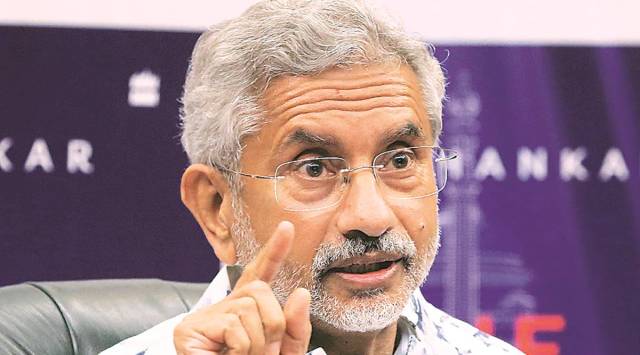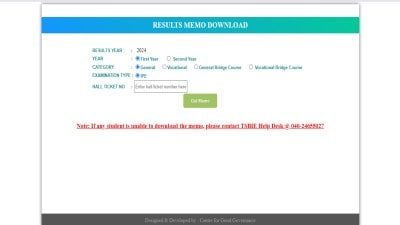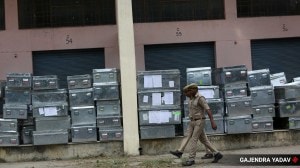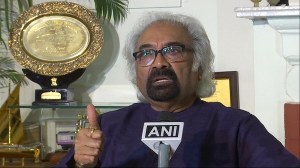- India
- International
Taliban at Afghan deal table, Delhi signals shift, attends Doha meeting
External Affairs Minister S Jaishankar told the gathering that the peace process must be “Afghan-led, Afghan-owned and Afghan-controlled”, “respect national sovereignty and territorial integrity of Afghanistan” and “promote human rights and democracy”.
 External Affairs Minister S Jaishankar on Wednesday said that China has given India “five differing explanations” for deploying large forces along the Line of Actual Control (LAC) in eastern Ladakh. (File)
External Affairs Minister S Jaishankar on Wednesday said that China has given India “five differing explanations” for deploying large forces along the Line of Actual Control (LAC) in eastern Ladakh. (File)Signalling a carefully calibrated shift in its position on engaging with the Taliban, India participated Saturday in the commencement ceremony of intra-Afghan talks between the Afghanistan government and the Taliban in Qatar’s capital Doha.
External Affairs Minister S Jaishankar joined the ceremony via video link while South Block sent a senior official to Doha to attend the meeting.
Jaishankar told the gathering that the peace process must be “Afghan-led, Afghan-owned and Afghan-controlled”, “respect national sovereignty and territorial integrity of Afghanistan” and “promote human rights and democracy”.
Afghan talks begin | What to expect, key players and prospects for India
Neither he nor the Ministry of External Affairs made any reference to “externally sponsored terrorism” — this has always been a reference to Pakistan.

In its statement Saturday, the MEA only said “the issue of violence across the country and its neighbourhood has to be effectively addressed”.
The Indian presence at the Doha ceremony, where a 21-member Taliban delegation arrived, is a significant development, indicating that New Delhi has nuanced its position given the ground reality in Afghanistan and the changing power structure in Kabul.
On February 29, when the US-Taliban pact was being signed, India asked P Kumaran, its then ambassador to Qatar, to attend the ceremony.
The participation Saturday of Jaishankar and JP Singh, Joint Secretary (Pakistan-Afghanistan-Iran) in the Ministry of External Affairs, is a definite step-up in its engagement with the Taliban which is negotiating a new power-sharing arrangement in Afghanistan.
In February, on the eve of the signing of the pact in Doha, Foreign Secretary Harsh Vardhan Shringla flew to Kabul where he “underscored that sustainable peace in Afghanistan requires an end to externally sponsored terrorism”. But the MEA made no such reference in its statement Saturday.
After the ceremony, Jaishankar, in a Twitter post, said: “Addressed the conference on Afghan peace negotiations at Doha today. Conveyed that the peace process must: Be Afghan-led, Afghan-owned and Afghan-controlled; Respect national sovereignty and territorial integrity of Afghanistan; Promote human rights and democracy.”
He underlined India’s approach, and the MEA statement elaborated Delhi’s position. It said the minister “conveyed that India’s policy on Afghanistan had been consistent. India believes any peace process must be Afghan-led, Afghan-owned and Afghan-controlled, has to respect the national sovereignty and territorial integrity of Afghanistan and preserve the progress made in the establishment of a democratic Islamic Republic in Afghanistan”.
Government sources said this means that the Afghan constitutional framework and the democracy ushered in the last 19 years must be kept intact, and not dismantled.
“The interests of minorities, women and vulnerable sections of society must be preserved and the issue of violence across the country and its neighbourhood has to be effectively addressed,” the MEA statement said.
This, sources said, means that attacks on the Sikh minorities there must be stopped and the violence, which impacts Afghanistan and India, must not take place. Indian interests, which include the Indian Embassy and Indian companies and workers in Afghanistan, should also be protected, sources said.
Jaishankar, the statement said, “wished for the success of the Intra-Afghan negotiations in delivering to the people of Afghanistan what they have longed for — a peaceful and prosperous future in an independent and sovereign nation”. The use of words “independent and sovereign” make it clear that Pakistan and the ISI, sources said, should not control the levers in Afghanistan.
In his address, Jaishankar referred to the “millennia old relationship” between India and Afghanistan which he said had withstood the test of time. He highlighted India’s role as a major development partner of Afghanistan with over 400 projects completed in all the 34 provinces of Afghanistan, the MEA statement said.
New Delhi invoked its partnership in the rebuilding and reconstruction of Afghanistan in the last two decades, undertaking projects worth over $3 billion including Afghanistan’s parliament.
Sources said India chose to attend the ceremony because the Afghan government was also at the table. Jaishankar had received an invitation to the ceremony from Qatar’s Deputy Prime Minister and Foreign Minister Mohammad bin Abdulrahman bin Jassim Al Thani, the MEA said.
Joint Secretary Singh, who flew to Doha to witness the ceremony, was First Secretary (Political) at the Indian Embassy in Kabul between 2008 and 2011 (the embassy was attacked on July 7, 2008) and later in Pakistan as India’s Deputy High Commissioner.
Apr 24: Latest News
- 01
- 02
- 03
- 04
- 05







































